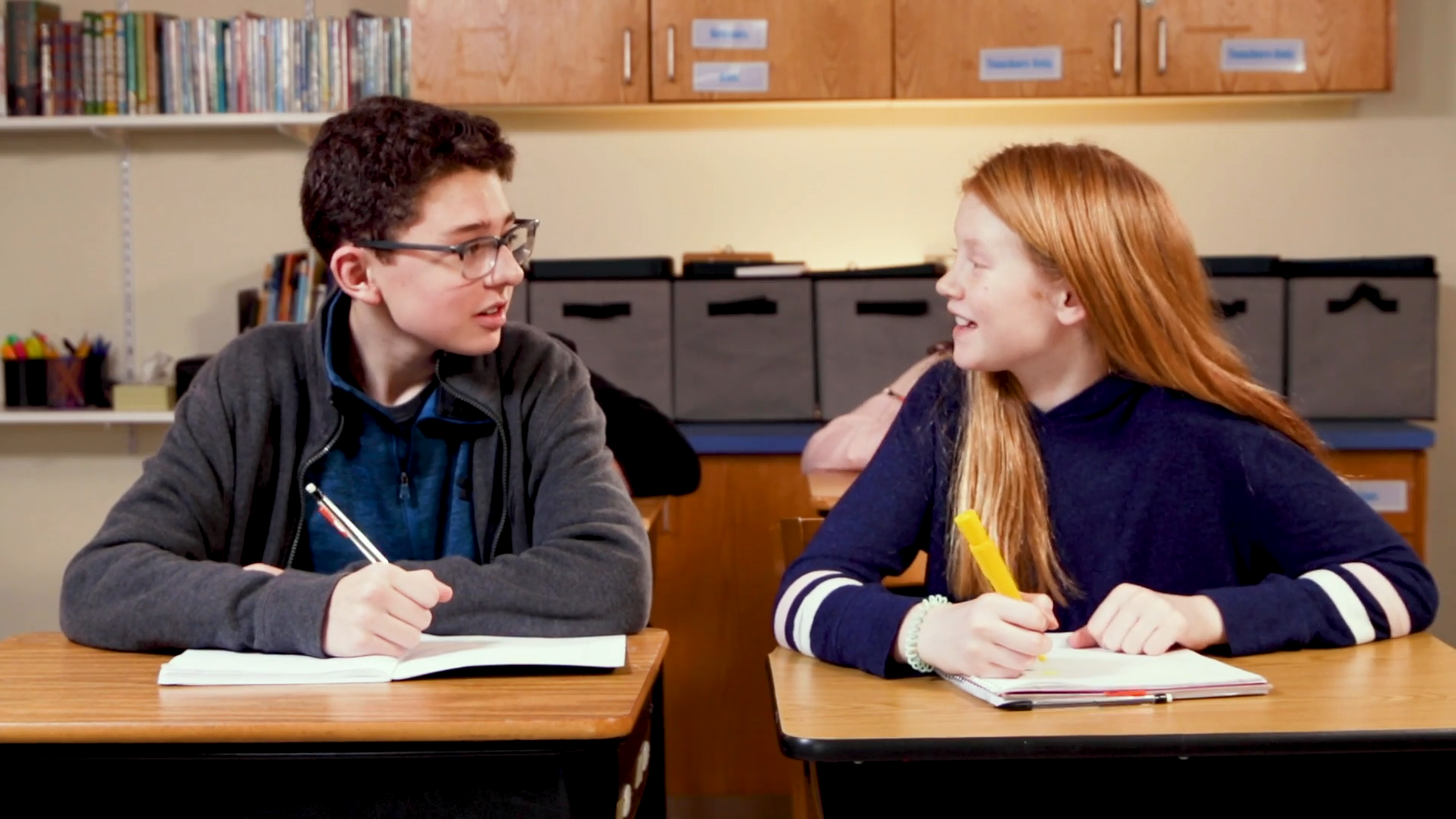
Introduction
Compromise is a vital skill in developing healthy relationships and fostering a sense of community. It involves negotiation, understanding, and a willingness to make concessions for the benefit of all parties involved. In the context of social-emotional learning, teaching compromise can help students develop empathy, communication, and problem-solving abilities. This blog post will explore an easy-to-implement activity for educators working with students in special education, as well as discussion questions and related skills to encourage further exploration.
No-Prep Activity
This simple activity, called “The Two Choices Game,” requires no preparation or materials and can be easily adapted to various age groups and settings. Here’s how it works:
- Divide the students into pairs or small groups.
- Ask each group to come up with two choices for a given topic, such as a classroom activity, snack, or game to play during recess.
- Each group must then discuss and negotiate to reach a compromise, considering the preferences and needs of all members.
- Once a decision has been made, each group shares their choice with the class, explaining the reasoning behind their compromise.
This activity encourages students to practice active listening, express their opinions, and work together to find a solution that benefits everyone.
Discussion Questions
- How did it feel to compromise during the activity? Was it easy or difficult to reach an agreement?
- What strategies did you use to ensure that everyone’s needs were considered during the negotiation process?
- Can you think of a time when you had to compromise in a real-life situation? How did it turn out?
- Why is it important to be willing to compromise in our relationships with others?
- How can we practice good listening skills and polite language when trying to reach a compromise?
Related Skills
In addition to compromise, there are several other skills that contribute to successful social-emotional learning. Some of these include:
- Empathy: Understanding and sharing the feelings of others.
- Active Listening: Paying full attention to the speaker and providing feedback to show understanding.
- Assertiveness: Expressing one’s feelings, needs, and opinions in a respectful and confident manner.
- Conflict Resolution: Identifying and resolving disagreements in a constructive way.
- Collaboration: Working together with others to achieve a common goal.
Next Steps
If you’re interested in exploring compromise and other social-emotional learning skills further, we encourage you to sign up for free samples of our materials at Everyday Speech. Our resources are designed to support educators in teaching valuable life skills that help students develop healthy relationships and navigate social situations with confidence.

